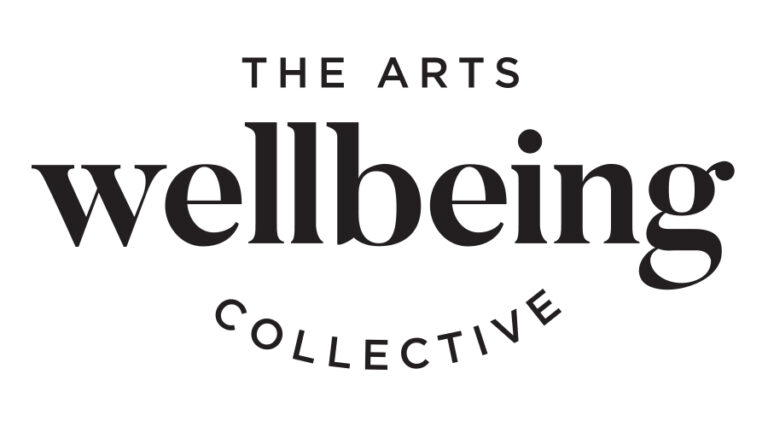
Deciding whether to share your mental health status can be a difficult decision. The following content has been developed by Heads Up, and gives information regarding the pros and cons of deciding whether to tell others about your mental health condition. While some of the information may be specific to those working in an organisation in an ongoing capacity, much of the information may still be relevant to those working show to show.
There’s no right or wrong answer when it comes to telling people at work about your mental health condition. Whether you choose to tell others can depend on how much your condition affects your role, the amount of support you have outside the workplace and your relationships with your workmates.
If you’re considering telling others at work, we can help you weigh up the pros and cons. It can sometimes be hard to know what to do, especially if it already seems like there’s too much going on.
Remember, you’re not legally required to tell your employer about your mental health condition, unless there’s a risk to yourself or others. If you decide to tell your employer, they have a legal responsibility to maintain your privacy (opens in new window), protect you from discrimination in the workplace and make changes to the workplace to support you.
However, unless you tell your employer about your mental health condition, it will be difficult for you to make a formal disability claim at a later stage, if you need to.
It may also be a good idea to disclose if your performance at work has become an issue, or you are facing disciplinary procedures. Likewise, if your ability to safely execute tasks or operate machinery is compromised, it’s worthwhile telling your employer regardless of whether you legally have to.
A Pocket Guide for Actors to Post-Show De-Role
Preventing Inappropriate Behaviour in the Workplace



The Arts Wellbeing Collective is an Arts Centre Melbourne initiative that comprises a consortium of arts and cultural organisations whose shared vision is to effect better mental health and wellbeing for performing arts workers. Our objectives are to: - Improve support services for performing arts workers - Collate and share information - Effect industry cultural change - Improve support networks within and between arts organisations. Our guiding principles are: - Prevention focused, promoting positive mental health and wellbeing, and raising awareness of mental health, mental health problems and the value of early intervention. - Working in partnership, ensuring a variety of partnerships state-wide and across the industry – collaboration is core to the Arts Wellbeing Collective and vital to success. - Creating systems level change, through seeking to understand and address systems, cultures and traditions that contribute to poor mental health and wellbeing in the performing arts. - Long-term thinking, prioritising resources and initiatives that have capacity for long-lasting impact, scalability and transferability. - Knowledge creation and dissemination, working with experts and industry leaders to find, share, create and translate the best available information, tailored for creative contexts. - Encouraging innovation, Arts Centre Melbourne is always learning – we do not have all the answers. We will test, trial, evaluate, and share useful findings with energy and authenticity, and continue to be rigorously planned, strategically responsive and thoughtfully adaptable.
Read Full Profile© 2021 TheatreArtLife. All rights reserved.

Thank you so much for reading, but you have now reached your free article limit for this month.
Our contributors are currently writing more articles for you to enjoy.
To keep reading, all you have to do is become a subscriber and then you can read unlimited articles anytime.
Your investment will help us continue to ignite connections across the globe in live entertainment and build this community for industry professionals.